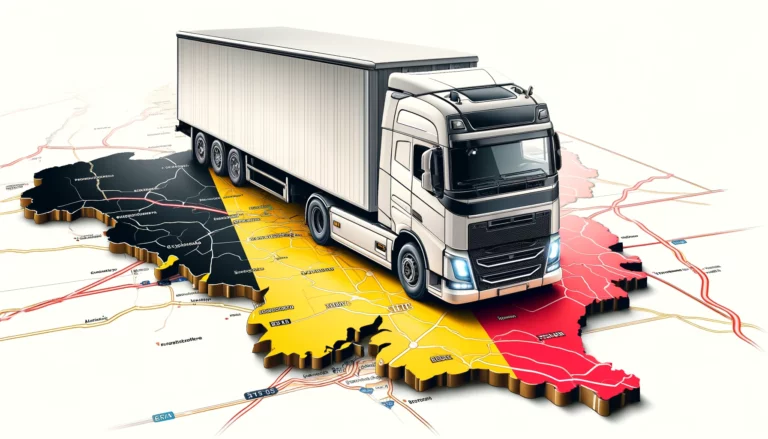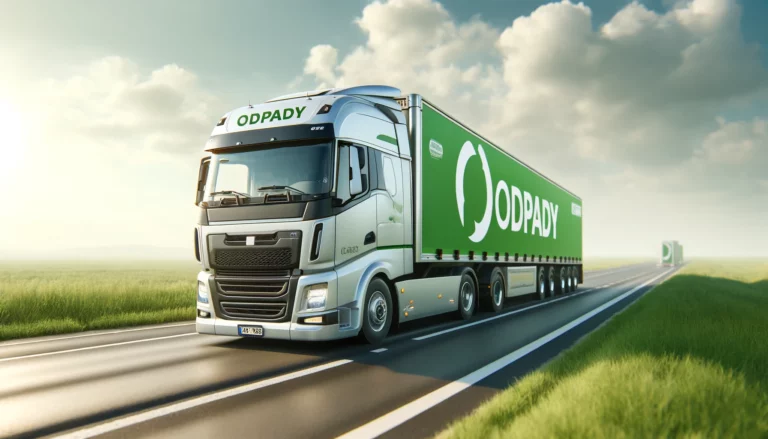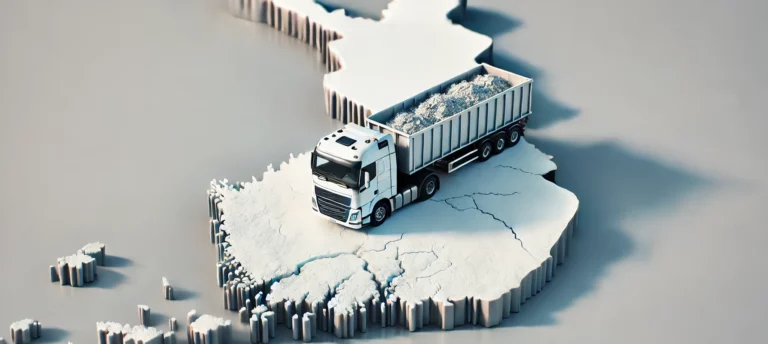What changes await entrepreneurs from the waste management sector in 2024?
A new year is fast approaching and with it changes to Regulation 1013/2006 (EC). How will these affect the waste management sector and transport companies in particular? We invite you to read the article.
During the 1990s, there was a growing awareness of waste management problems in Europe. As borders were opened between EU member states, the problem of uncontrolled waste flows emerged. The risk stemmed from the fact that rogue companies were able to evade responsibility by transporting waste to countries with less stringent regulations, posing a risk to the environment and public health.
The Council of the European Union therefore proposed the creation of a common framework regulation. It was intended to make it possible to control and regulate cross-border shipments of waste. As a result of this process, the European Parliament and the Council of the EU adopted Regulation 1013/2006 on 14 June 2006.
Main assumptions:
- Ensure effective control and monitoring of waste flows by Member States.
- Facilitate the legal transport of waste as long as it is properly identified and documented.
- Increase transparency and cooperation between Member States on waste flows.
Amendments to Regulation 1013/2006
To make the regulations effective, must, however, be regularly modified based on the current global situation. The idea of potential amendments to Regulation 1013/2006 was announced in May this year. At that time, the Council of the EU adopted a so-called negotiating mandate to start discussions with the European Parliament on the amendment of the above-mentioned document. The main objectives to be achieved through the amendment of the legislation are:
- Ensuring that waste only goes to a facility where it is properly treated
- Modernisation and digitalisation of procedures for intra-EU shipments and promotion of waste shipments for recycling
- Tackling illegal waste transport practices that exploit loopholes in the law and lack of proper controls
New rules on transboundary movements of waste
The essence of control in cross-border waste shipments
With regard to waste shipments outside the EU, the Council supported the idea of cyclical audits of companies receiving waste at their facilities. These would take place every 3 years. Their task will be to assess whether companies have properly managed waste in an environmentally sound manner. Only such companies would be authorised to take waste from exporters. Member states are proposing to set up a register managed by the European Commission with information on such companies and facilities, which would make it easier for exporters to decide where to ship their waste. However, they will still be responsible for ensuring that exports are carried out in accordance with environmental legislation.
The EU Council decided to mandate the European Commission to set criteria to distinguish used goods from waste. Likewise for the harmonisation of waste classification at EU level. This is to help avoid illegal smuggling of waste as second-hand goods. The Commission will also have the ability to set criteria, such as levels of waste contamination, to determine the harmfulness of waste and to clearly determine whether it requires a notification and notification procedure.
On the issue of illegal waste shipments, the Council accepted the Commission's proposal to set up a special investigation group. It is intended to improve cooperation between Member States. This in turn is expected to help detect irregularities more effectively. The Commission will also be able to conduct the necessary investigations. It will also be able to coordinate them in consultation with authorities in individual Member States. However, it will not be able to intervene in proceedings conducted at national level. Member states will, however, be free to adapt the provisions of the new Regulation to their national rules on penalties and fines.
The Council envisages that the new conditions for the export of waste would take effect after three years, while the Commission's rules would be effective immediately. The main date of application of the new regulation should be 24 months after its entry into force.
Source: https://tinyurl.com/4832nsrt







